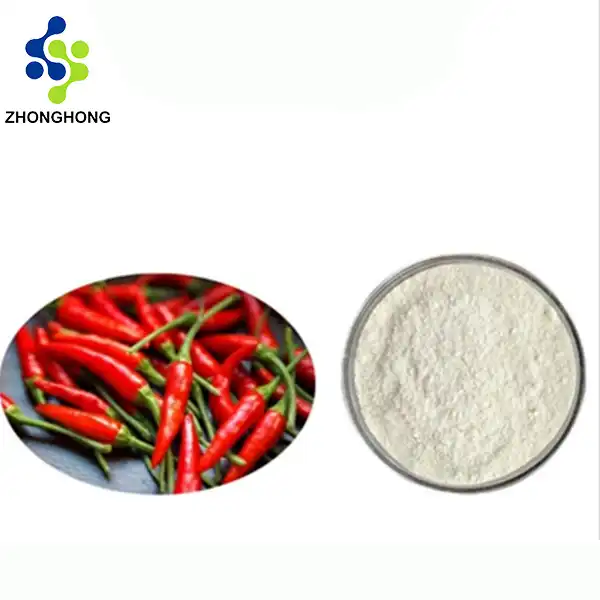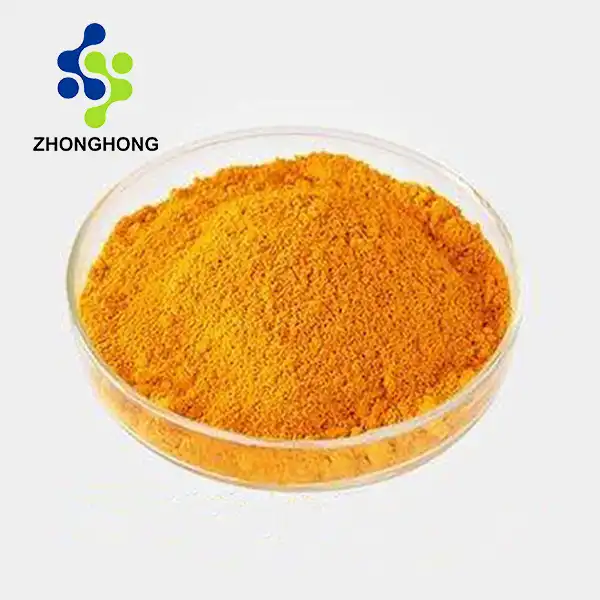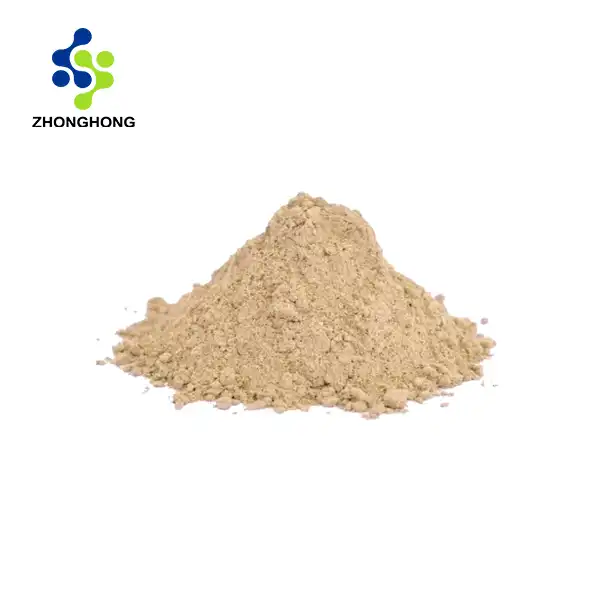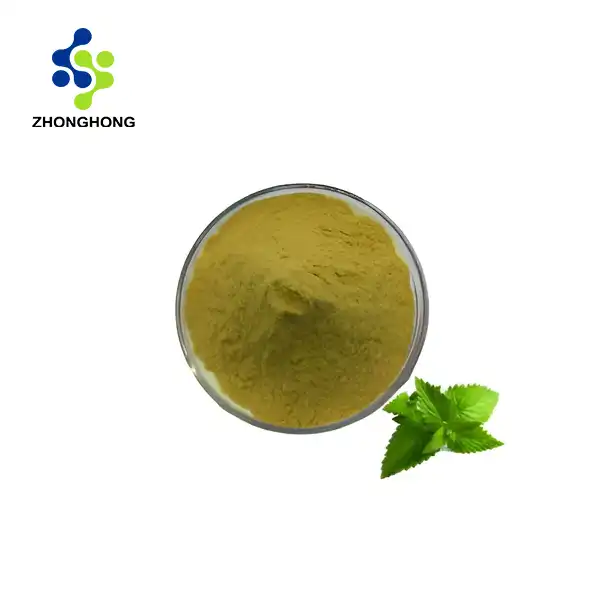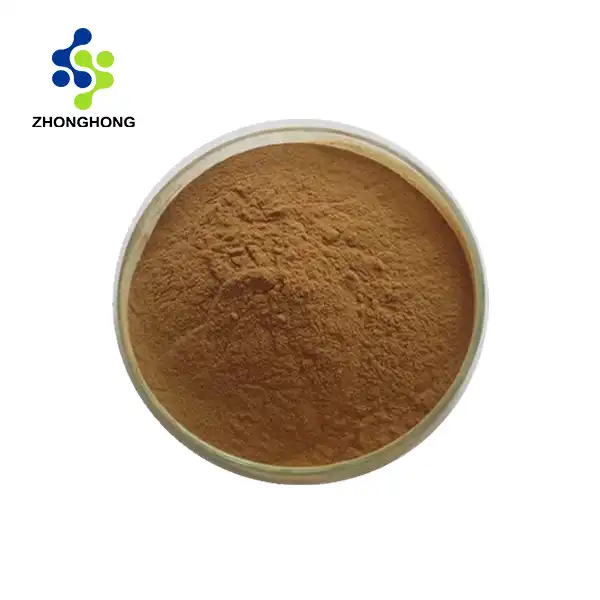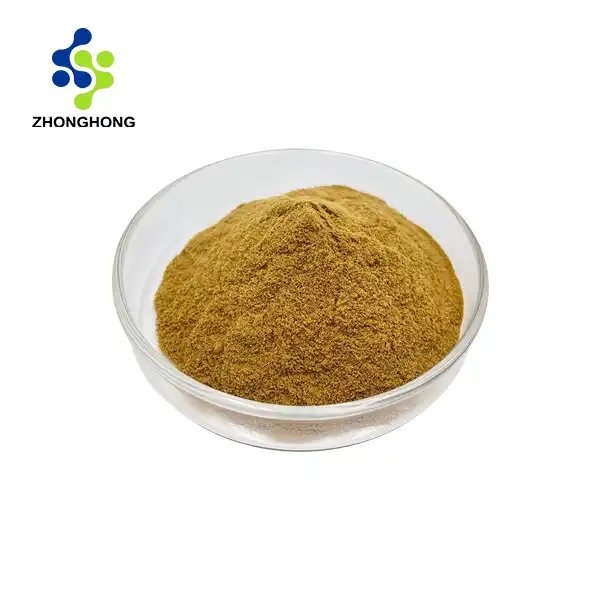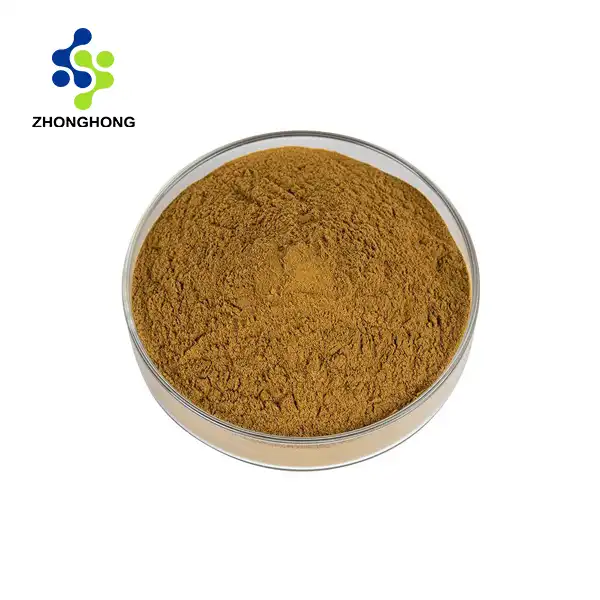When should I drink chitosan?
2024-09-26 16:48:14
Chitosan, a natural fiber derived from the shells of crustaceans, has gained attention for its numerous health benefits, including weight management, cholesterol reduction, and digestive health. As I delve into this topic, I aim to answer a common question: when is the best time to drink chitosan for maximum benefit? Throughout this article, I will explore the optimal timing for consuming chitosan, its effects on the body, and practical tips for incorporating it into your routine.
Understanding Chitosan
Before discussing the timing of chitosan consumption, it is essential to understand what chitosan is and how it works in the body. Chitosan is formed through the deacetylation of chitin, a natural polymer found in crustacean shells. It is a biocompatible and biodegradable compound that has been widely studied for its health-promoting properties.
Chitosan is known primarily for its fat-binding abilities. It can bind to dietary fats in the digestive tract, preventing their absorption and contributing to weight management. Additionally, chitosan has been linked to lower cholesterol levels and improved gut health. Knowing these benefits helps set the stage for understanding when to consume this supplement.

Timing Matters: When to Take Chitosan
Before Meals
One of the most common recommendations is to take chitosan before meals. Consuming chitosan 30 minutes to an hour before eating can enhance its fat-binding properties. This timing allows chitosan to mix with the food in your stomach, effectively binding to fats as you digest. This approach may help reduce the number of calories absorbed from fats during meals.
From my perspective, taking chitosan before meals is particularly beneficial for those looking to manage their weight. It can create a sense of fullness, which may help curb overeating. As someone who has experimented with various dietary supplements, I appreciate the simplicity of this timing.
During Meals
Another approach is to take chitosan during meals. This can also be effective, especially if you forget to take it beforehand. Taking chitosan with food may still allow it to bind to fats, though it might not be as efficient as taking it beforehand. However, if you are already eating a high-fat meal, taking chitosan during the meal can still provide benefits.
I have found that flexibility is key. For those who struggle with routine or often forget to take supplements, incorporating chitosan into mealtime can be an easy workaround.
After Meals
While taking chitosan after meals is less common, some individuals choose this timing. Taking it after eating may not be as effective in binding fats, but it can still offer benefits for digestive health. Chitosan can aid in the overall digestion process, helping regulate bowel movements and support gut health.
For anyone looking to enhance their digestive health, consuming chitosan post-meal may provide some advantages. Personally, I have noticed improvements in my digestion when I incorporate fibers after meals, making this a viable option for those interested in digestive support.
Factors to Consider
Individual Goals
When deciding when to drink chitosan, it is important to consider individual health goals. For those focused on weight loss, taking chitosan before meals may be the most beneficial approach. However, if your primary concern is digestive health, timing may be more flexible. Understanding your goals can help you choose the best timing for your needs.
Dietary Habits
Another factor to consider is your overall dietary habits. If you regularly consume high-fat meals, taking chitosan before or during meals can help mitigate the impact of those fats. On the other hand, if your diet is primarily low in fat, you may not need to focus as heavily on timing. Evaluating your eating patterns can provide insight into the best times for chitosan consumption.
Lifestyle and Routine
Your daily routine also plays a significant role in determining when to take chitosan. If you have a busy schedule, finding a consistent time to take supplements can be challenging. In such cases, taking chitosan during meals may be the most practical solution. I have found that aligning supplements with meals can simplify adherence to a health regimen.
Practical Tips for Incorporating Chitosan
Choose the Right Form
Chitosan is available in various forms, including powders, capsules, and tablets. Choosing the right form for your lifestyle can make a significant difference. Personally, I prefer powder, as it can be easily mixed into smoothies or juices. This versatility allows for greater creativity in my daily intake.
Stay Hydrated
When taking chitosan, it is essential to drink plenty of water. Chitosan works best in the presence of adequate fluids, as it can absorb water and expand in the digestive tract. Staying hydrated not only enhances the effectiveness of chitosan but also supports overall digestive health.
Combine with a Balanced Diet
While chitosan can aid in weight management and digestion, it is crucial to maintain a balanced diet. Incorporating whole foods, such as fruits, vegetables, whole grains, and lean proteins, will support your health goals. I believe that no supplement can replace the benefits of a nutritious diet, and chitosan should be viewed as a complementary addition.
Monitor Your Body's Response
As with any supplement, it is essential to monitor how your body responds to chitosan. Some individuals may experience digestive discomfort, especially if they are not used to increased fiber intake. If you encounter any adverse effects, consider adjusting the timing or dosage. Listening to your body is key to optimizing your health regimen.
The Science Behind Chitosan Timing
Research and Evidence
Research on the timing of chitosan consumption is still emerging. Most studies focus on its efficacy rather than specific timing. However, the understanding of its fat-binding capabilities suggests that pre-meal consumption may provide the most significant benefits.
Future Studies
As interest in natural supplements continues to grow, future research may provide more definitive recommendations regarding the timing of chitosan consumption. For now, I encourage readers to experiment with different timings and find what works best for them.
Conclusion
In summary, the timing of chitosan consumption can significantly influence its effectiveness. Taking chitosan before meals appears to offer the most benefits for weight management and fat absorption, while consumption during or after meals can still support digestive health. By considering individual goals, dietary habits, and lifestyle factors, you can optimize your chitosan intake for maximum benefit. As I continue my journey with natural supplements, I look forward to exploring the potential of chitosan further.
References
https://www.ncbi.nlm.nih.gov/pmc/articles/PMC6700960/
https://www.sciencedirect.com/science/article/abs/pii/S0144861718313670
https://www.frontiersin.org/articles/10.3389/fphar.2020.00607/full
https://www.ncbi.nlm.nih.gov/pmc/articles/PMC4580175/
https://www.ncbi.nlm.nih.gov/pmc/articles/PMC6778304/
_1728976869676.webp)
